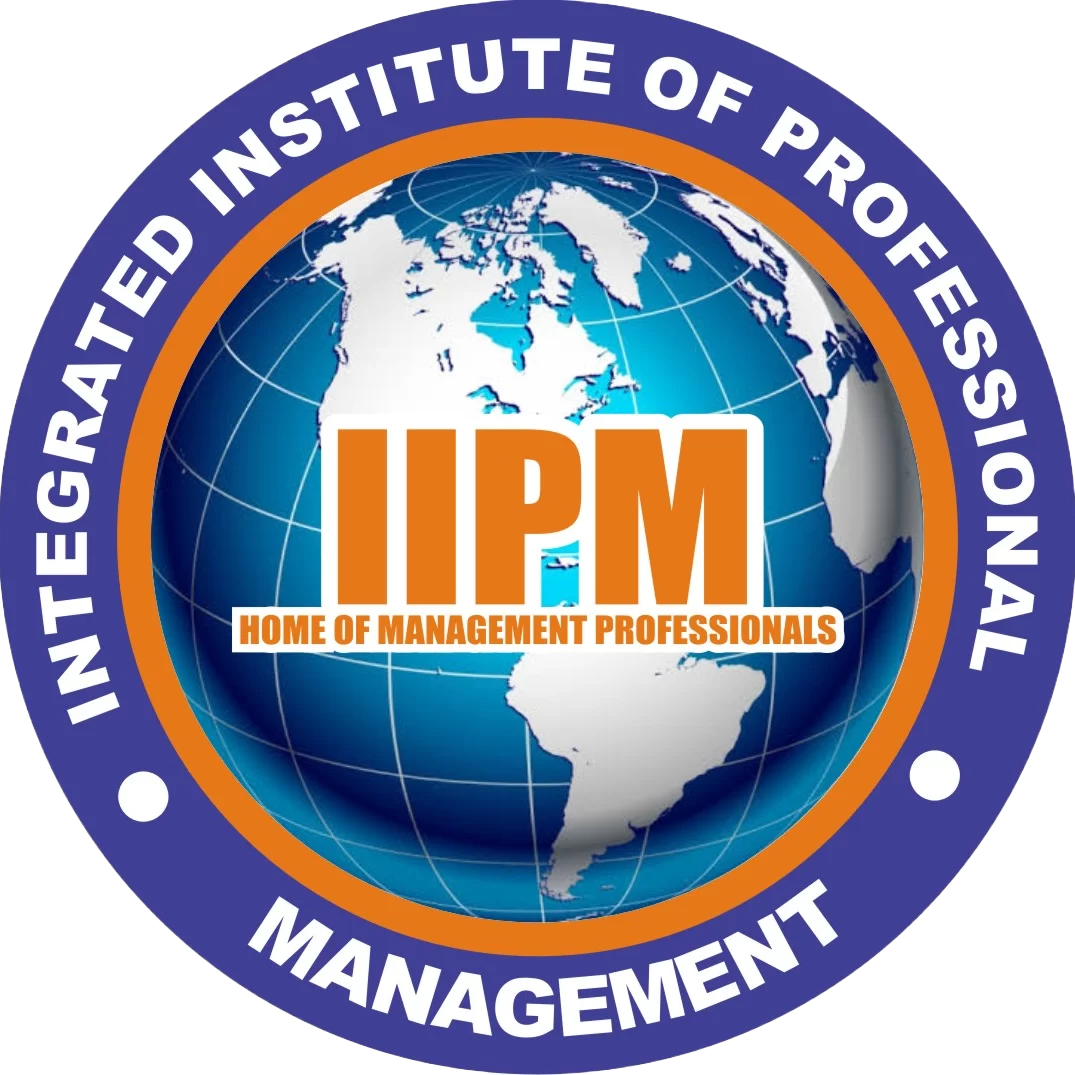In the world of business and project management both for profits and non-profits, private and public sectors alike, proposals are an essential tool for winning new clients, securing funding, contracts, partnerships and making a case for your ideas. But writing a proposal that’s persuasive and compelling can be a daunting task, especially if you’re not sure where to start. Fortunately, there are some simple tips and tricks you can use to craft a proposal that stands out and gets results. In this article, we’ll share some of our best practices for writing a compelling proposal.
Define your audience and purpose
The first step in writing a compelling proposal is to define your audience and purpose. Who are you writing for, and what do you want them to do? Understanding your audience and their needs will help you tailor your proposal to their interests and concerns, making it more persuasive and effective. Your purpose should be clear and specific, whether it’s to win new business, secure funding, or gain support for a project.
Focus on the benefits
When writing a proposal, it’s important to focus on the benefits that your proposal will provide to the client or audience. What problems will it solve, and how will it improve their situation? Make sure to emphasize the benefits and outcomes of your proposal, rather than just listing features or capabilities. This will help your proposal resonate with your audience and make a stronger case for your ideas.
Use persuasive language and storytelling
Persuasion is key to writing a compelling proposal, and language plays a crucial role in this process. Use persuasive language that appeals to your audience’s emotions and motivations, and try to tell a story that illustrates the value of your proposal. Use concrete examples and data to support your points and make your proposal more convincing.
Keep it concise and focused
A compelling proposal should be concise and focused, with a clear and easy-to-follow structure. Use headings, subheadings, and bullet points to organize your ideas and make your proposal easier to read. Avoid jargon and technical language that may confuse your audience, and keep your writing simple and straightforward.
Customize your proposal for each audience
Finally, remember to customize your proposal for each audience and situation. Tailor your language, examples, and presentation to fit the needs and interests of your audience, and make sure to address any objections or concerns they may have. This will help your proposal feel more relevant and tailored to their needs, increasing its chances of success.
In conclusion, writing a compelling proposal is a critical skill for success in business and beyond. By defining your audience and purpose, focusing on the benefits, using persuasive language and storytelling, keeping it concise and focused, and customizing your proposal for each audience, you can create a proposal that stands out and gets results. With these tips and tricks in mind, you’ll be on your way to crafting a proposal that wins over clients, secures funding, and makes a difference.
Would you like to master the art of proposal writing? kindly register for our masterclass in feasibility study and proposal development here>>>
Subscribe for more relevant articles here ===>

Management Consultant and Trainer
Eburuche Banito is a multi-faceted professional with key competencies in management, business, entrepreneurship and leadership development. He is a high-performance management consultant, trainer and business strategist with unequaled leadership and communication skills. He has excellent skills and working experience in marketing, organizational design and development, behavior modeling, customer relations, strategic management, operations management, occupational health and safety, and executive leadership development. He specializes in helping businesses develop thriving business strategies and capacity development to meet up with the pace of change in the present-day economy while coaching and mentoring career persons and start-up entrepreneurs. He has worked in the FMCG, engineering, consulting and telecommunication industries. In a sentence, he is a high-performance consultant, value-driven trainer, prolific writer and transformational speaker. He is currently the Executive Director of the Integrated Institute of Professional Management.

